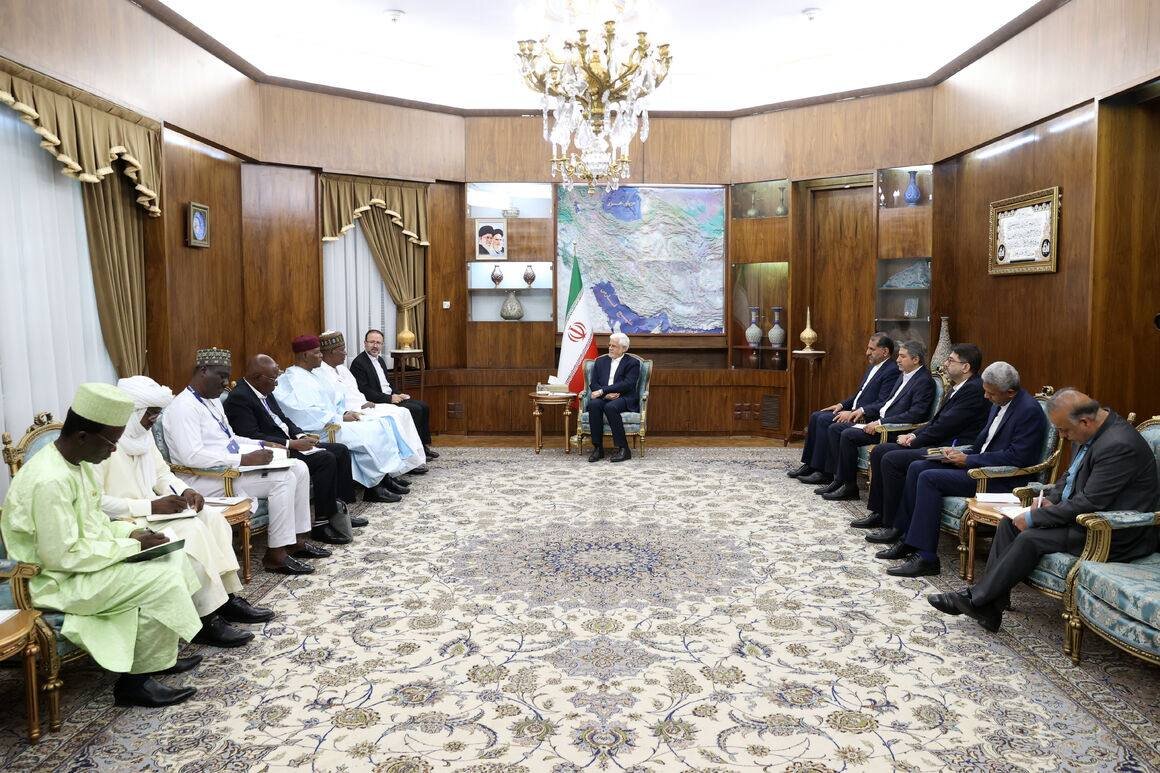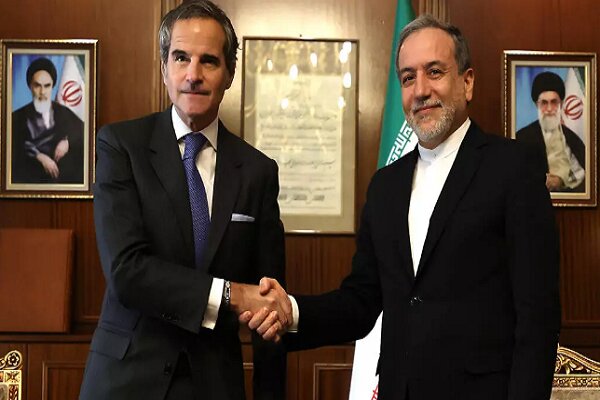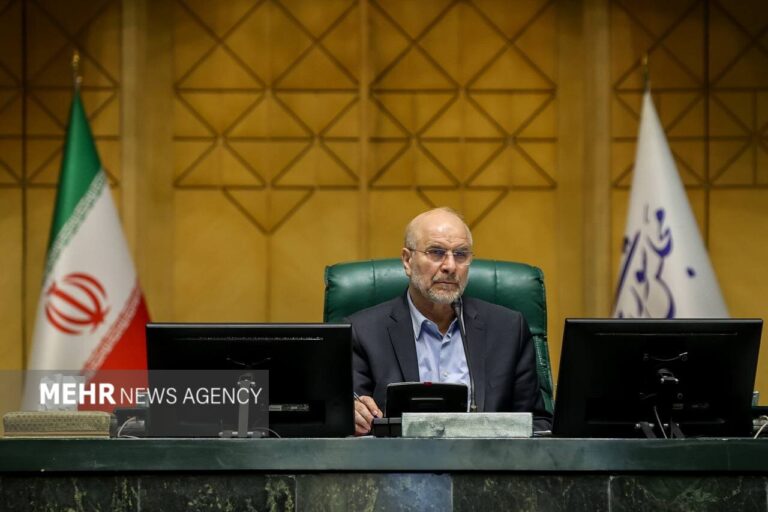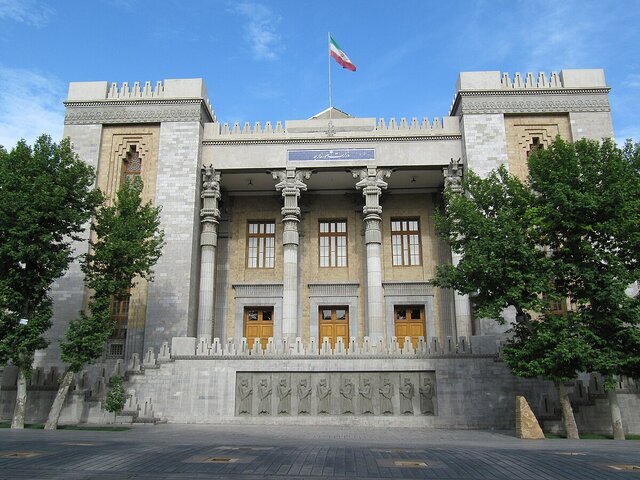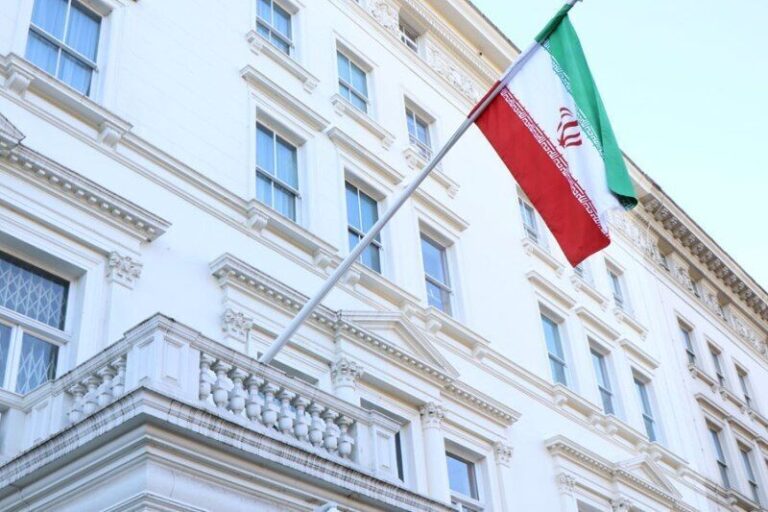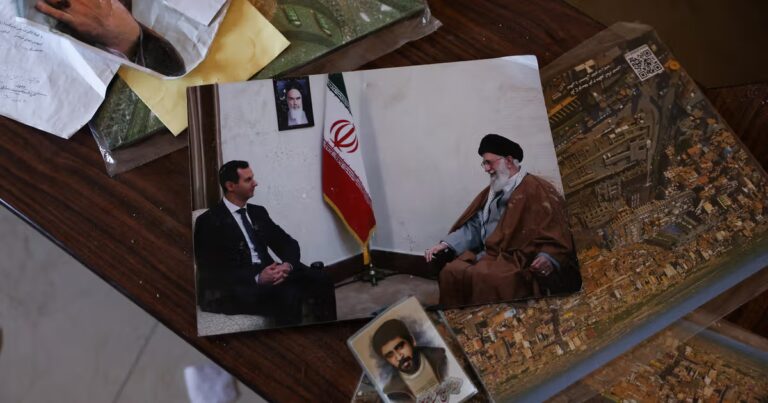Iran and Niger Forge Stronger Alliances in Oil and Energy Cooperation
In a recent meeting in Tehran, Iranian Vice President Mohammadreza Aref emphasized the significance of strengthening Iran-Niger relations through shared interests and cooperation. This dialogue highlighted the potential for collaboration, particularly in the oil and energy sector, which could be pivotal for both nations.
Aref’s statements came during his discussions with Niger’s Oil Minister, Sahabi Oumarou, where he articulated Iran’s commitment to fostering deeper ties with African countries, particularly Niger. He remarked, “We strongly support the strategy of expanding relations with African countries based on shared interests and cooperation. Given our strong political, regional and international ties, as well as our common stance on Palestine and Lebanon, Niger is a priority for our collaboration.”
The meeting served as a platform to address Niger’s request for enhanced cooperation, with Aref identifying oil and energy as a crucial focus area for the collaboration between the two nations. He conveyed that the upcoming sessions of the Joint Commission would be instrumental in reviewing necessary measures to facilitate this partnership.
Key highlights from Aref’s address include:
- Strengthening Economic Ties: Aref noted that the economic relations between Iran and Niger are on a positive trajectory.
- Private Sector Engagement: He urged both nations’ private sectors to become more actively involved in joint projects and investments.
- Joint Commission Initiatives: The Iran-Niger joint commission will focus on mechanisms for facilitating private sector participation.
During the meeting, Aref underscored the importance of collaborative efforts in the oil and energy fields, recognizing them as vital components of the bilateral relationship. He stated, “The Joint Commission will review necessary measures, and expert plans would be implemented after finalization.” This indicates a structured approach to enhancing cooperation and addressing mutual interests.
As both nations work towards solidifying their partnership, Aref highlighted the shared political and regional interests that underpin their collaboration. He emphasized the significance of having a unified stance on issues affecting the region, such as the situations in Palestine and Lebanon. This solidarity not only strengthens bilateral ties but also positions both countries as allies on broader international platforms.
The meeting with Niger’s Oil Minister is part of Iran’s broader strategy to expand its influence and partnerships in Africa. By prioritizing countries like Niger, Iran aims to enhance its economic footprint and leverage its resources in the global market. Aref’s comments reflect a commitment to fostering relationships that are mutually beneficial and rooted in cooperation.
In conclusion, the discussions between Iran and Niger mark a significant step towards enhancing bilateral relations, particularly in the oil and energy sectors. The emphasis on private sector involvement and the establishment of a Joint Commission to oversee collaborations signify a proactive approach to building a robust economic framework. As both countries move forward, the focus will likely remain on leveraging their shared interests to foster a sustainable and beneficial partnership.
